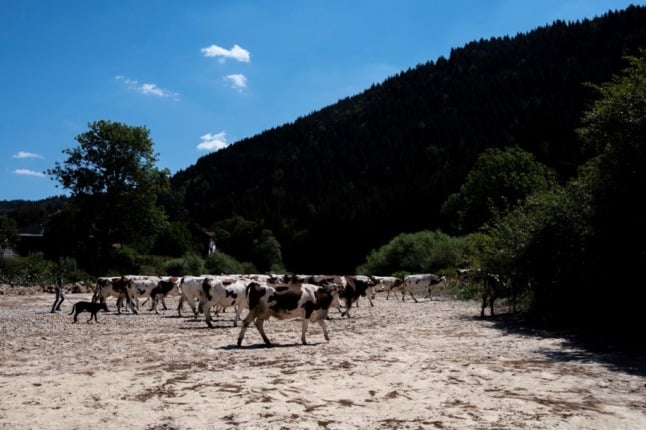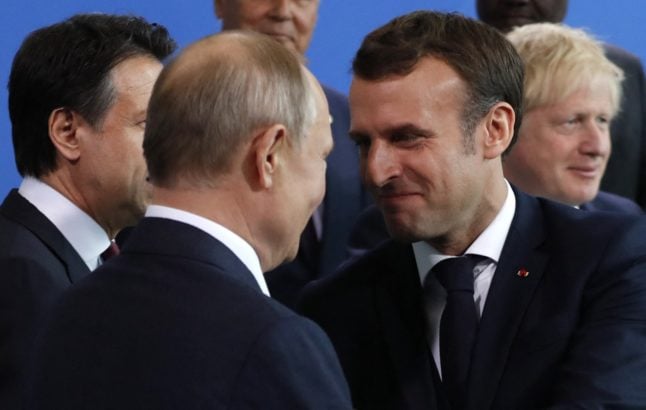Lawmakers from President Emmanuel Macron’s centrist LREM party proposed adding that France “guarantees environmental protection and biological diversity, and combats climate change”.
The constitutional change, already approved by the lower-house National Assembly, was then set to be submitted by Macron to a national referendum.
But the Senate, in which the rightwing Republicans party has a majority, has refused to accept a bill that “guarantees” efforts to fight climate change. They passed less constrictive versions than the ones proposed by the lower house.
A second rejection by the Senate on Monday “sadly puts an end to the process of revising the constitution, which we continue to think is essential for our country”, Prime Minister Jean Castex told the National Assembly.
The idea of changing the constitution originated in a citizens’ body set up by Macron last year that was tasked with looking into ways France could improve its record on fighting climate change and biodiversity loss.
Many of the citizens consulted by Macron have since accused the government of dismissing more concrete proposals to reduce emissions. Critics regard the proposed constitutional change as a fig leaf to distract from the lack of real action.
Climate change and the environment are set to be key issues in next year’s presidential election, when Macron is widely expected to seek a second five-year term.



 Please whitelist us to continue reading.
Please whitelist us to continue reading.
Good.